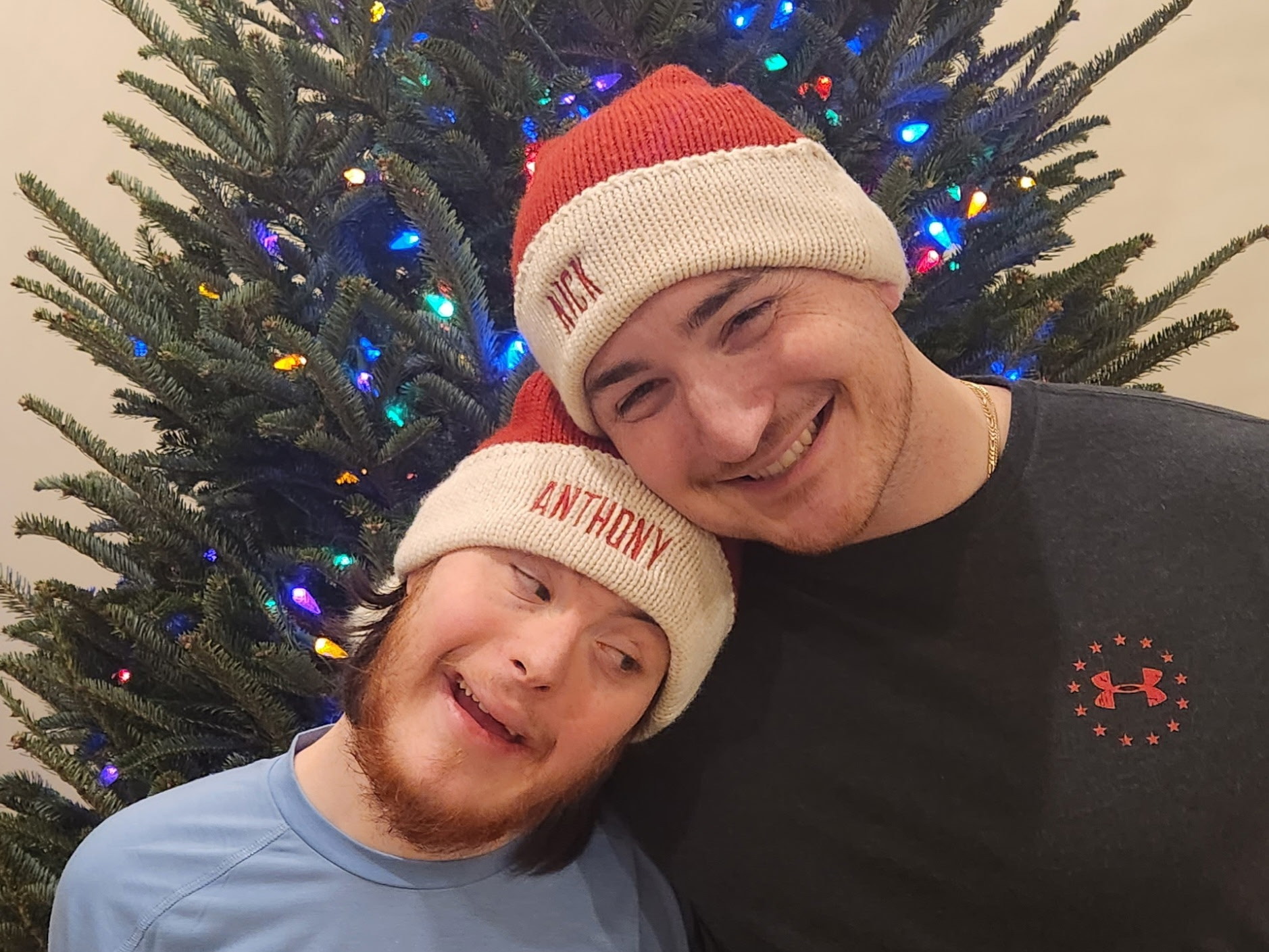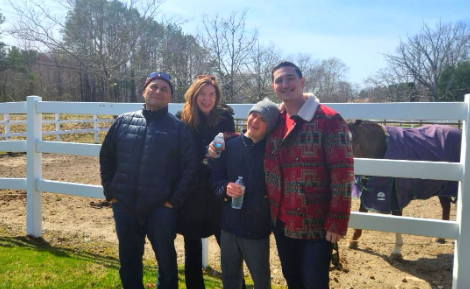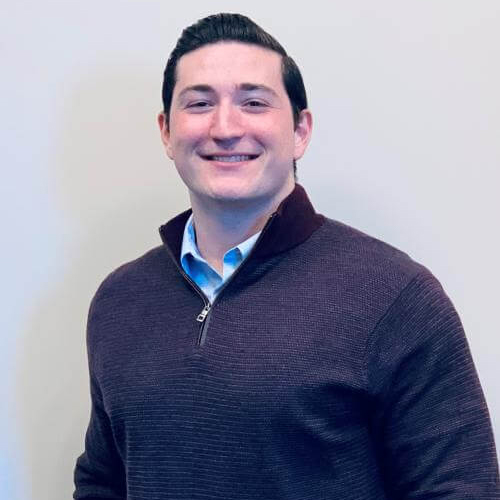Many of you probably have siblings and can relate to the phases we go through. We fight with them when we are young and continue the fight as we get older, always with lots of love along the way. My relationships with my sister and brother are exactly like this, with one very special distinction – my younger brother, Anthony, has Down Syndrome. As a disabled 22-year-old working his way through the world of Federal and State Benefits, trusts and other intricacies, Anthony requires more brotherly love and assistance than ever before.
We have always been very close, and this next phase of our relationship has been no different. I’ve always helped with cooking him dinner, watching him while my parents had some much-needed time off, and wrestling with him (sometimes going too far). What I’m able to help with most these days is assisting my parents in navigating the complicated world of getting him Federal and State benefits.
When you have a child with special needs, particularly Down Syndrome, you can apply for Supplemental Security Income (SSI) immediately when they are born. While your child is under the age of 18, or 22 as a student, you are able to receive SSI on their behalf with income limitations. Once your child is 18, or out of school, Social Security will evaluate impairments based on the adult definition of disability, not the child definition. This means that their SSI benefit is based off of their income and asset levels instead of their family’s. We will always be concerned for Anthony’s wellbeing, and his ability to provide for himself financially, but this program helps alleviate the concern many families in similar situations share. An inability to work usually opens them up to receiving a greater monthly benefit. This combined with a Supplemental Needs Trust, which is a kind of Irrevocable Trust, can help you maintain assets for the benefit of your loved one without compromising their eligibility for SSI or Medicaid. This is extremely beneficial, as having to care for another adult is very costly, especially if they are unable to work. The day Anthony’s monthly benefit comes in, he gets excited to be able to use his own money on daily expenses (which includes a chocolate peanut butter smoothie with whipped cream from Press Juice in Norwell and his everything bagel bites from Dunkin).
Another service that can be useful is self-directed funds through the Department of Developmental Services. After providing extensive medical records, Doctor’s Statements, school records from the Massachusetts Individualized Education Program and an intake interview, the state will decide what amount of funds, if any, can be received each month. The family then decides to spend it however they see fit for the development of their disabled adult. It is a difficult and long application process, but it can be very beneficial. With Anthony, we are hoping to get his therapeutic horse-riding classes, as well as 1-on-1 training with his personal trainer (who we’ve been going to for years) paid for with this benefit.
While none of these processes are easy, they are worth it. Along the way we have met some of the most wonderful people who commit their life to the well-being of people with disabilities. With these benefits and these people, my family is able to give Anthony a full and meaningful life doing what he loves – playing basketball, training with his favorite personal trainer, playing with his WWE action figures, going horseback riding, visiting Duxbury Beach, and most of all, spending time with us all together.
I share this today not only to shed light into the nuances and intricacies of this type of planning, but to also highlight that it really does take a village. We are grateful to be supported by family and community who care for ALL people, regardless of circumstances. If that’s not inspiring, I’m not sure what it is.


